8, March 2019
WWF-funded forces in Cameroon have tortured and killed indigenous people 0
The World Wide Fund for Nature was warned years ago that its staff was complicit in “frightening” raids on indigenous villages by anti-poaching eco-guards, internal documents reveal. A BuzzFeed News investigation exposed on Monday how the beloved wildlife charity WWF has for years funded and equipped paramilitary forces that have tortured and killed villagers living near the national parks it supports. WWF responded by announcing an “independent review” of the evidence. “We see it as our urgent responsibility to get to the bottom of the allegations BuzzFeed has made, and we recognize the importance of such scrutiny,” the charity said in a statement.
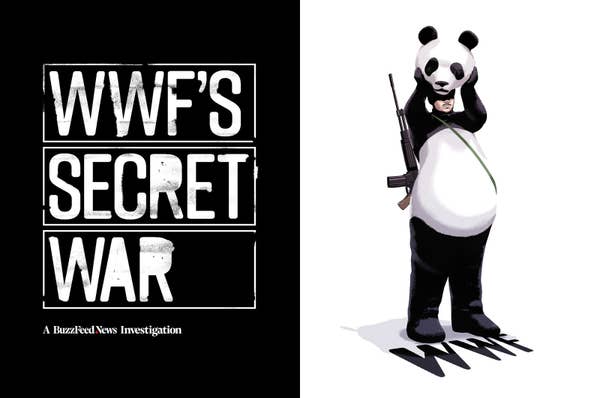
But this is not the first time WWF has launched an independent investigation of this kind. The charity commissioned a report in 2015, obtained by BuzzFeed News, which implicated WWF in violence against indigenous people in Cameroon. “Indigenous peoples and local communities bordering protected areas are victims of human rights abuses and violations by eco-guards,” the report found — noting the perpetrators were backed by “considerable technical, logistical and financial support” from WWF. But those findings were never made public, and WWF’s director general, Marco Lambertini, went on to dismiss concerns about the treatment of indigenous people as “matters for the government of Cameroon,” while the charity continued backing the park and its guards.
When asked about the 2015 findings by BuzzFeed News, WWF said that its new investigation would examine the way reports of abuse are handled by executives in Switzerland. “All allegations will be subject to our independent review, which will look at specific allegations, and governance,” a spokesperson said in a statement. The explosive 2015 report was prepared by an indigenous expert hired by WWF to review its operations in Cameroon, who found staff there were “gravely concerned” about the abuses they were witnessing.
According to the report, WWF Cameroon was participating in “coercive” nighttime raids of villages in which eco-guards employed by the government and backed by the charity “violate[d] the rights of communities” by looting houses and beating their occupants. The report found that the perpetrators went unpunished even when there was “evidence and testimony from the victims.”
“Indigenous peoples and local communities bordering protected areas are victims of human rights abuses and violations by eco-guards.”
After obtaining the report, BuzzFeed News contacted its author, Diel Mochire Mwenge. He said that the charity did not acknowledge the findings of his report publicly “because it incriminated them.” Mwenge told BuzzFeed News it was clear the charity was complicit in the abuse of indigenous people. “We understood that it was WWF that sent these eco-guards, it was WWF who paid, it was WWF who did everything,” Mwenge said. “And so we had to directly conclude that WWF was sufficiently implicated.”
WWF declined to answer detailed questions from BuzzFeed News about abuses in Cameroon. But in a January interview, the charity’s chief operating officer, Dominic O’Neill, said he had personally traveled to Cameroon to make clear to its partners that WWF “can’t tolerate any human rights abuses at all.” “We’ve had issues and we’ve dealt with those,” he said. “But not to the extent where we said this relationship is now broken.” BuzzFeed News can also reveal that WWF opened another investigation last summer into allegations including gang rape and murder by eco-guards at Salonga, a massive national park it comanages in the Democratic Republic of Congo.
The charity confirmed after inquiries from BuzzFeed News that several rangers have been suspended or fired based on its findings. However, WWF declined to answer questions about its ongoing support for the park’s anti-poaching patrols. The German government’s development bank, a major backer of WWF, has confirmed to BuzzFeed News it has requested “statements and information” from the charity on the abuses and has said it will monitor the findings of its internal review.
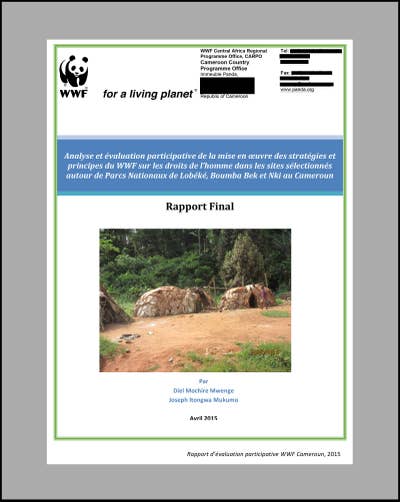
At Lobéké National Park, one of the Cameroonian parks highlighted in Mwenge’s report, allegations of ranger abuses — beatings, torture, torched huts, stolen goods — date back years. When the park opened in 1999 with the backing of WWF to protect the area’s forest elephants and lowland gorillas, local Baka people lost access to wide swaths of their ancestral forests.
WWF helped recruit Lobéké’s first forest rangers, who patrol the park for poachers. Known locally as “eco-guards,” the rangers are employees of the Cameroonian government run by the longtime dictator Paul Biya.
But secret budgeting documents show how closely WWF’s staff have worked with the government forces. The charity has helped train them, paid their salaries, and built them homes. It has bought them radios, satellite phones, TVs, 4x4s, and boats. And it has allocated a significant portion of the millions in donor money it spends at Lobéké to “enforcement” activities, including patrols and raids.
The park’s management plan says WWF will help organize raids, known as “coups de poing,” on local villages suspected of harboring poachers. In 2012, Sarah Strader, an American Fulbright researcher, witnessed eco-guards near Lobéké pull a man out of their 4×4. They beat him as he “moaned incomprehensibly,” Strader wrote in her diary, which she shared with BuzzFeed News.
“We torture them when they don’t want to tell the truth.”
Strader reported what she saw to a field office shared between the government and WWF. There, a forest ministry official told her the beating was a normal part of the fight against poaching. “We torture them when they don’t want to tell the truth,” the official said, according to Strader’s diary. Strader was stunned by this casual admission.
“Literally WWF is right there,” she told BuzzFeed News, “and he’s telling me that ‘we torture people.’ It was appalling to me that the WWF would stand for this juxtaposition.” Strader told a WWF senior manager, David Hoyle, about what happened. Hoyle, who has since died, complained to the Cameroonian government. He also reported the allegations back to WWF’s Swiss headquarters. Strader said she never heard from WWF about her complaint. The charity continued to work with the rangers.
Culled from BuzzFeed News


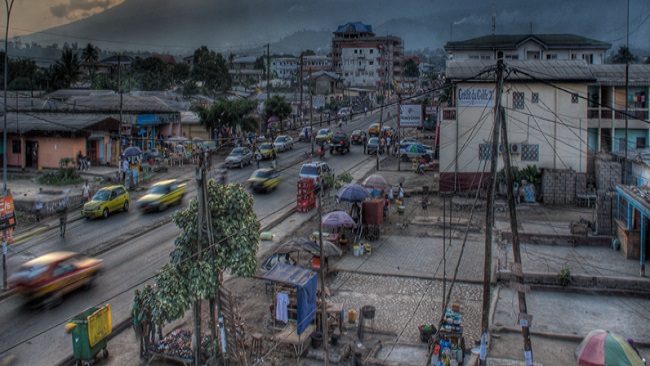
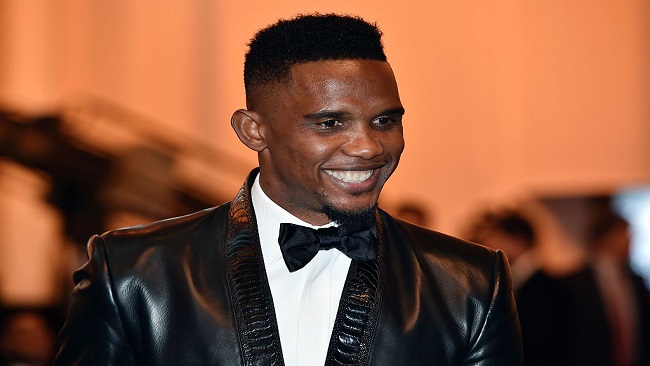
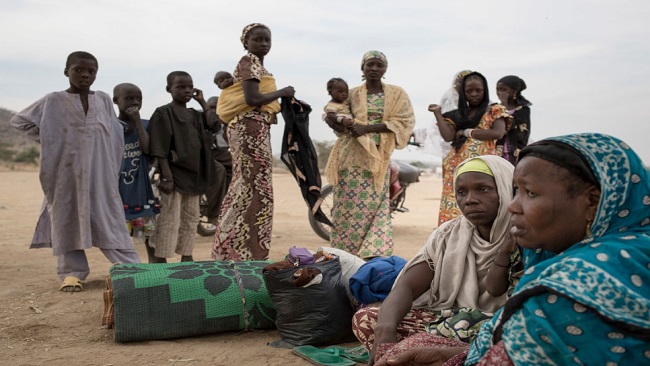

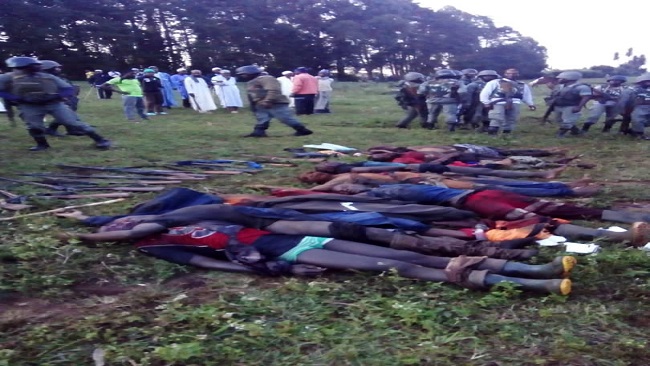
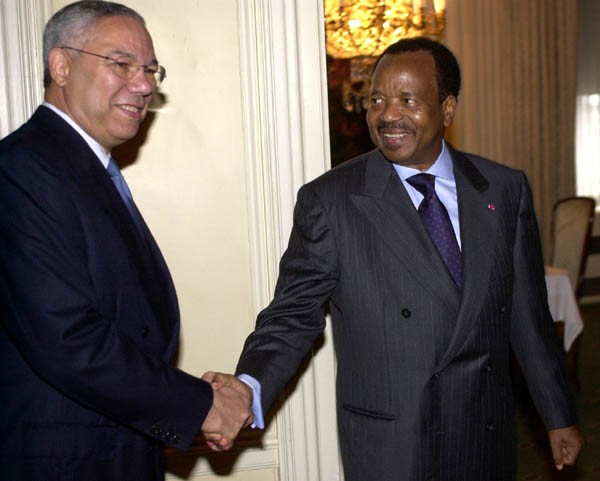
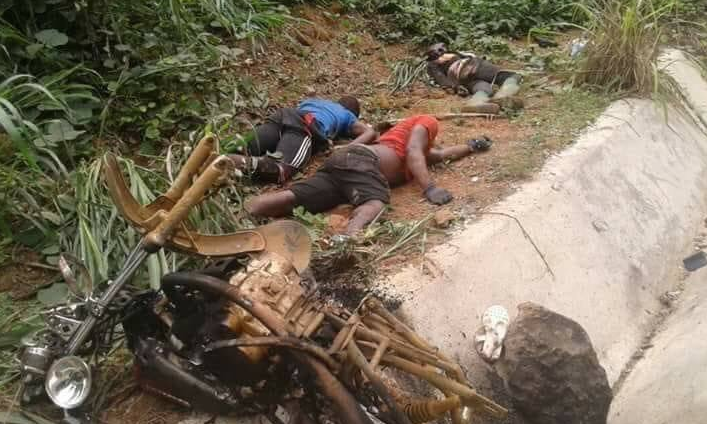
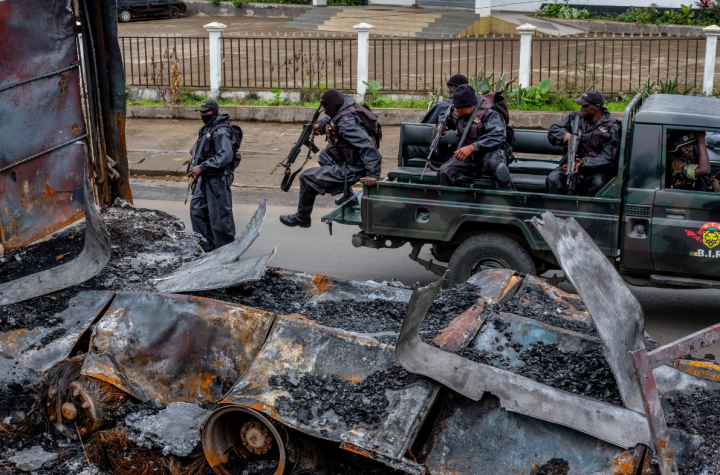
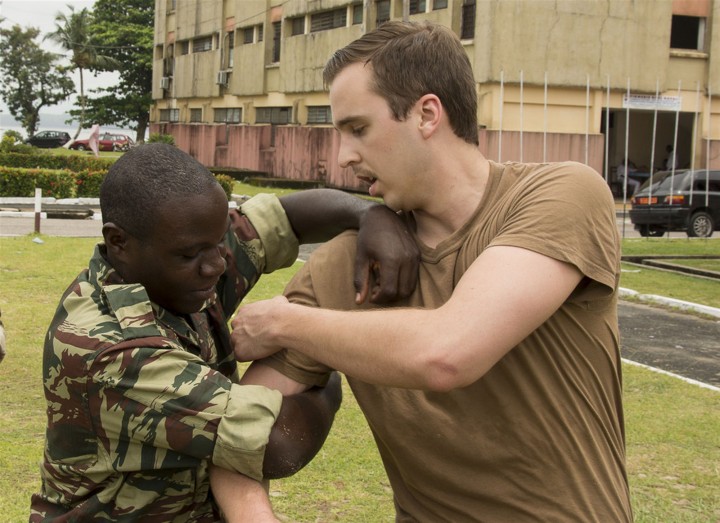
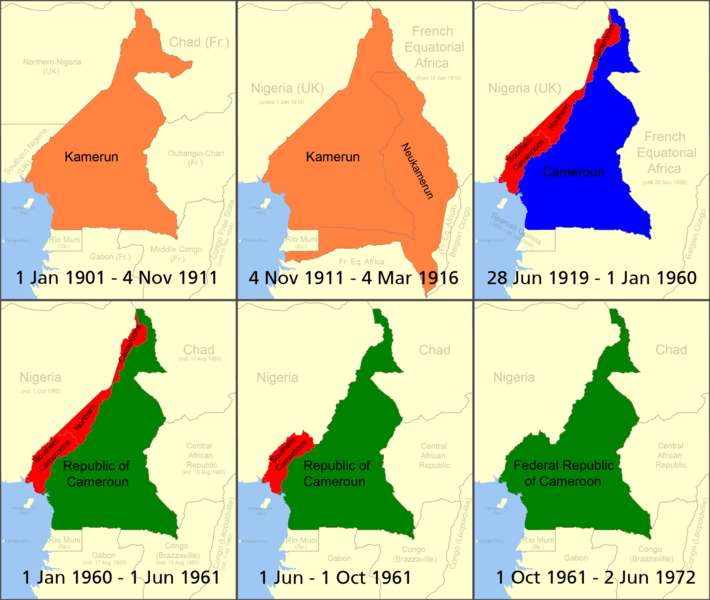
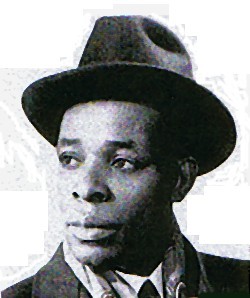
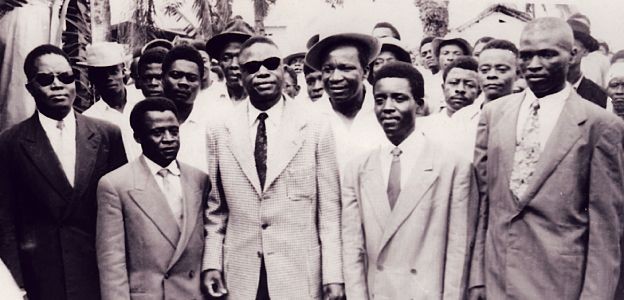
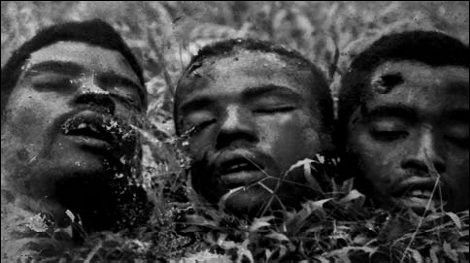
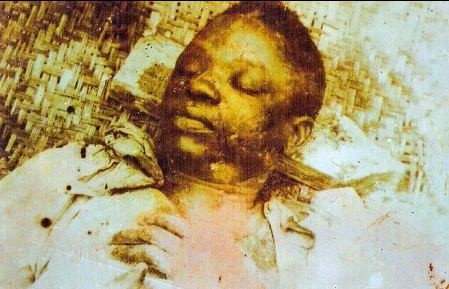
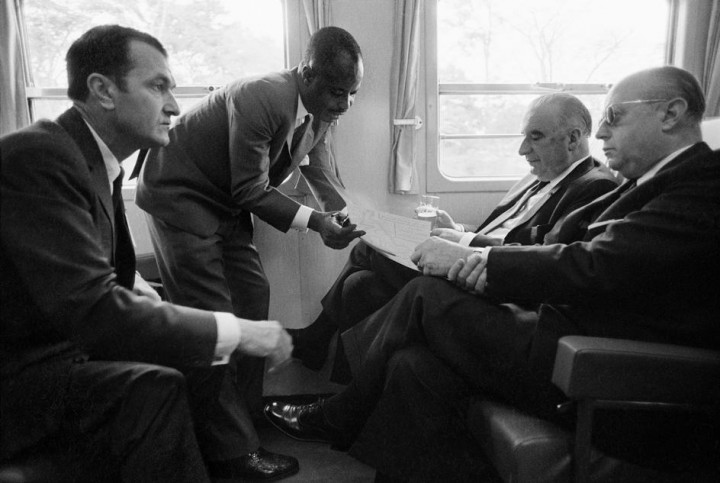
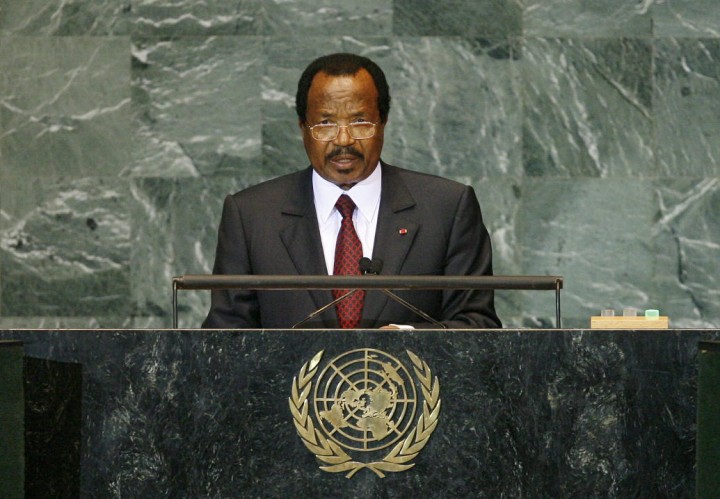
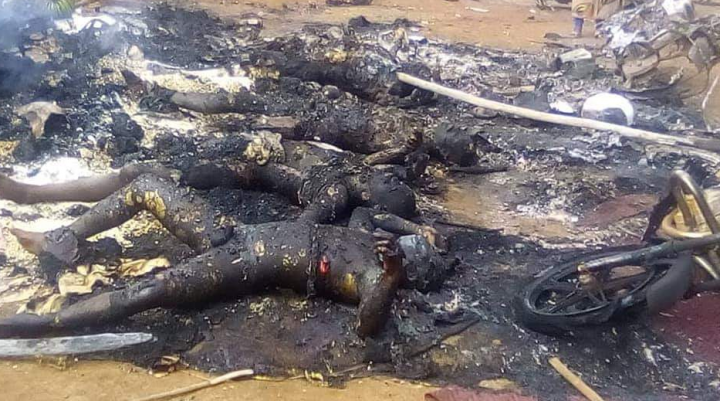

















8, March 2019
Gabon dismisses rumors president is ‘cloned’ 0
The Gabonese presidency has dismissed rumours that the ailing president, Ali Bongo, has been replaced by a clone. Bongo, who is currently recovering in Morocco, has only returned to Gabon twice since he became ill in 2018 whiles on an official trip. On both ‘visits,’ he stayed briefly and flew back to Rabat.
Reports had been festering that the president had recruited a look alike to replace him for months while he received medical attention for a stroke in 2018.
Ike Ngouoni, presidential spokesman said: “The President of the Republic was (t) here in flesh, a number of people saw him. He went around the city. “Some of them were able to approach him, observe him, see him. It is totally a hoax. I admire the level of creativity, especially on the internet and their persistence in these rumours,” he told reporters.
The presidency initially said he had been hospitalized in Riyadh for fatigue. The vice-president admitted at a rally that the president had suffered a stroke weeks later. Since October last year, a section of Gabonese have expressed mixed concerns as to the health situation of their president as it has become increasingly difficult to differentiate rumours and the reality.
In January, a failed coup was attempted in Libreville to denounce the president’s absence and establish a “democratic transition.” Bongo is the second leader having to fight cloned rumours, the first being Nigeria’s Muhammadu Buhari.
Africa News